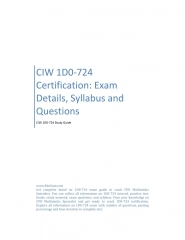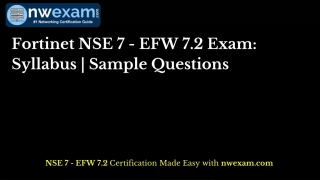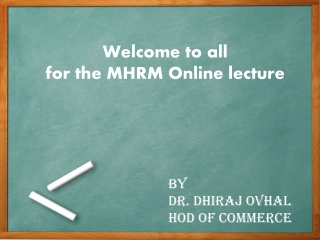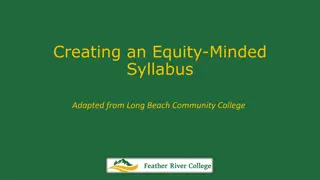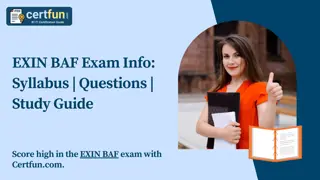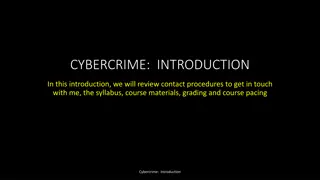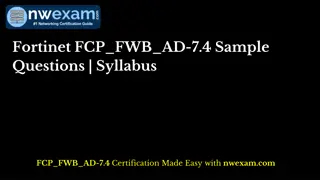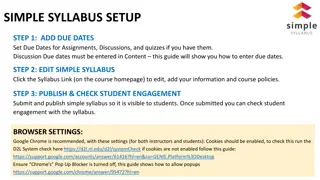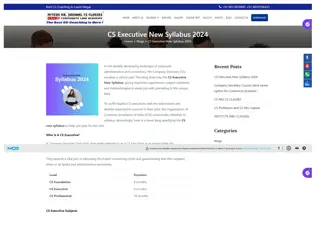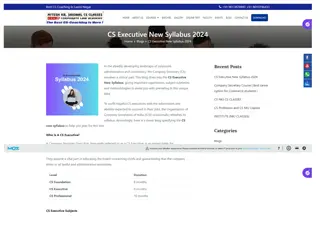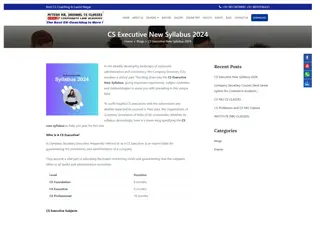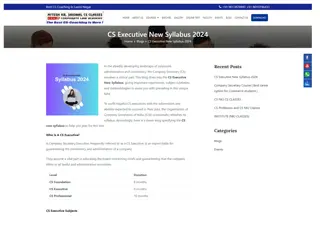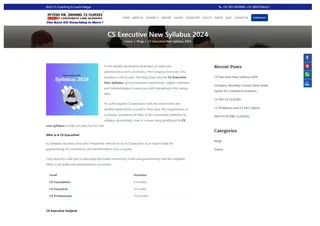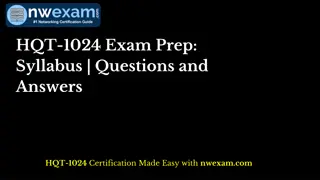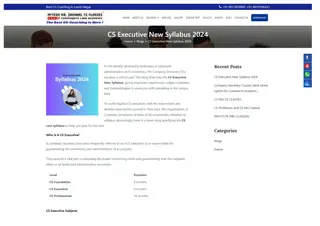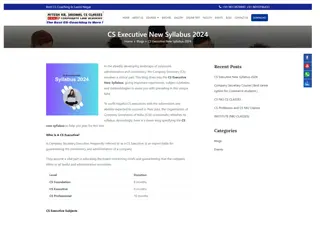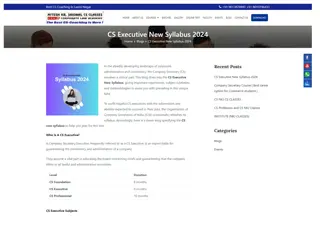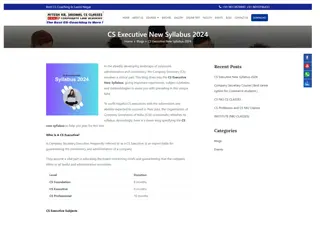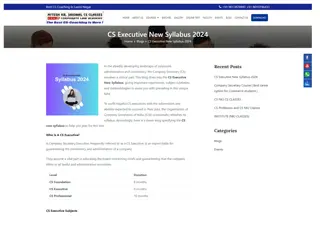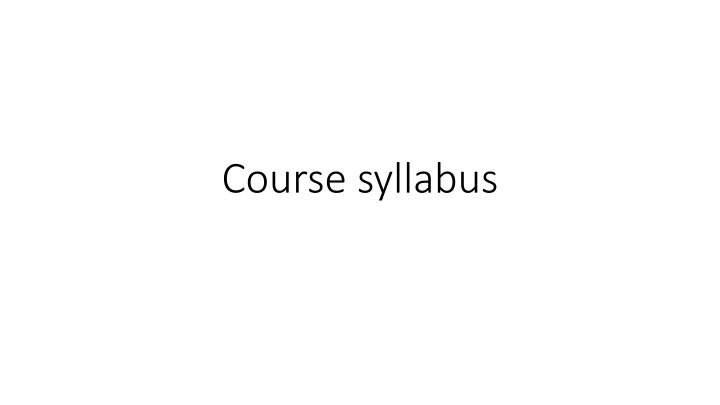
Practical Machine Learning and Data Mining Course Overview
Explore the syllabus, instructor details, and course topics for the Practical Machine Learning and Data Mining course. Learn about data preparation, supervised and unsupervised learning algorithms, and delve into practical applications of machine learning in various fields. Gain insights into text mining, tools used in projects, and essential prerequisites for the course. Recommended textbooks for further reading are also provided.
Download Presentation

Please find below an Image/Link to download the presentation.
The content on the website is provided AS IS for your information and personal use only. It may not be sold, licensed, or shared on other websites without obtaining consent from the author. If you encounter any issues during the download, it is possible that the publisher has removed the file from their server.
You are allowed to download the files provided on this website for personal or commercial use, subject to the condition that they are used lawfully. All files are the property of their respective owners.
The content on the website is provided AS IS for your information and personal use only. It may not be sold, licensed, or shared on other websites without obtaining consent from the author.
E N D
Presentation Transcript
Instructor: Keke Chen Office Cudahy 380, www.cs.mu.edu/~keke Office hours: 4:50-5:50pm Tuesdays and Thursdays My Research data mining algorithms (clustering, learning to rank, boosting), social data analytics, Privacy and security, distributed systems, big data, cloud computing
TA: Zarif, Ishrak Email: ishrak.zarif@marquette.edu, Office Hours: 3-4pm and 5-6pm on Wednesday
Overview This course is about data mining and practical machine learning Data preparation Supervised learning algorithms Unsupervised learning algorithms We will discuss algorithms, principles, and best practices
Topics Concepts and procedures in practical machine learning and data mining Data pre-processing methods (getting data, cleaning data, transforming data, etc) Supervised learning: selected classification and regression methods Unsupervised learning: clustering, association rule mining, dimensionality reduction Special topics in text mining (scatter over the above topics) Tools (in projects and some lectures)
Prerequisites Good understanding of data structures and algorithms Good Python programming skills Examples and examples will be using Python Programming and problem solving skills Self-test to determine whether you are ready: check some sample problems in data structures and algorithms https://www.techiedelight.com/data-structures-and-algorithms-problems/ Basic probability and statistics quick review Basic linear algebra quick review Suggestions for non-CS students For undergraduate Data Science major: take COSC3570/MATH3570 (Intro. to Data Science) before this course For Data Science graduate students without or with little CS background and programming experience: take Data Intelligence and Data Analytics before this course.
Textbook Recommended: Data Mining: Concepts and Techniques, 3rdedition, by Jiawei Han, Micheline Kamber, and Jian Pei. Morgan Kaufmann, 2011 Introduction to information retrieval, by Christopher Manning, Prabhakar Raghavan, and Hinrich Schutze. Cambridge University Press, 2008 https://nlp.stanford.edu/IR-book/pdf/irbookonlinereading.pdf Introduction to Machine Learning with Python: A Guide for Data Scientists, by Andreas C. Muller and Sarah Guido. O Reilly 2016
Assignments and exam Homework (30%, multiple) Three projects (45%, 15% each) Discussions and in-class quizzes (5%, weekly or project based discussions) Final exam (20%) Group studies are encouraged for homework and projects. However, you should finish the assignments by yourself. Team projects (i.e., 2-person teams) are encouraged, but not necessary.
Policy about late submissions Within one hour no deduction one hour -- 12 hours 70% 12hours one day 50% After one day 0%
Grading A [90, 100], A- [84, 89], B+ [78, 83], B [73, 77], B- [67, 72], C+ [62, 66], C [56, 61], C- [51, 55], D [45, 50], F [0, 44] The instructor may curve the grades.
Communication Office hours Encouraged to post questions directly on D2L Discussion Or by email keke.chen@marquette.edu

